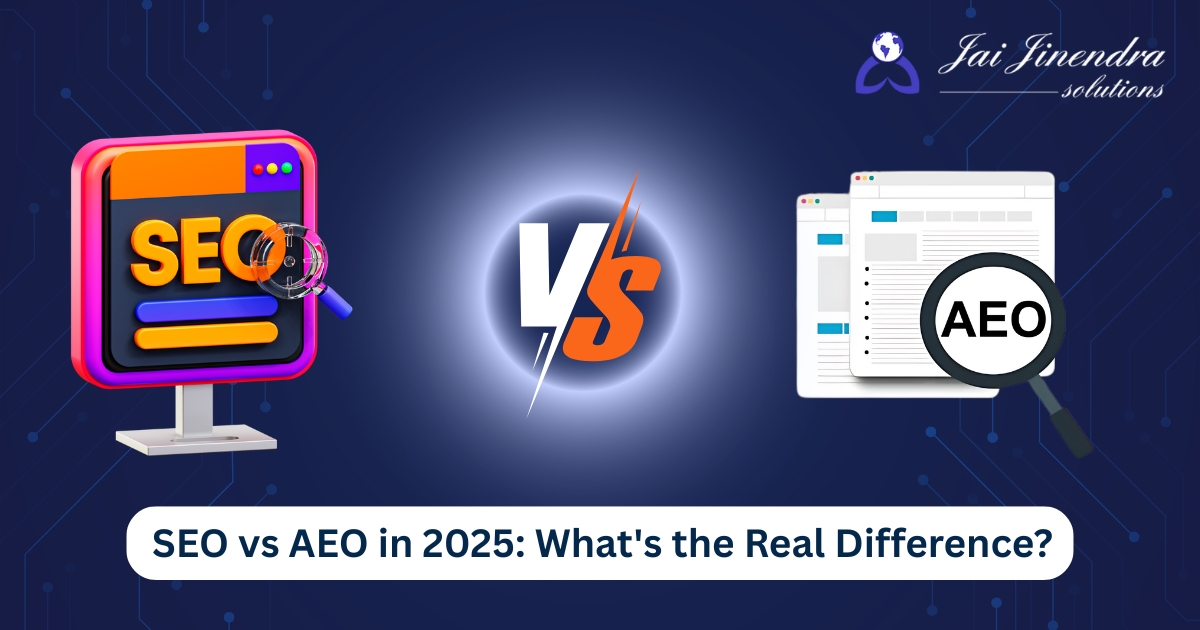In today’s digital-first world, mobile applications are no longer optional—they are essential. Businesses across industries, from startups to large enterprises, rely on mobile apps to connect with their customers, improve operations, and expand market reach. However, one of the most important decisions to make when building an app is choosing the right development approach: Native, Hybrid, or Cross-Platform.
This choice can significantly impact the performance, user experience, cost, and long-term success of your application. That’s why many businesses turn to professional mobile app development companies in Bahrain, who can guide them in making the right decision based on their goals, budget, and target audience.
In this blog, we’ll explore each approach in detail, weigh the pros and cons, and help you understand which might be the best fit for your business.
What Do These Terms Really Mean?
Before diving into comparisons, let’s clarify what we mean by Native, Hybrid, and Cross-Platform development:
- Native Apps: Applications built specifically for one operating system, such as iOS or Android. They are coded using languages native to each platform (Swift/Objective-C for iOS, Java/Kotlin for Android).
- Hybrid Apps: Applications developed using web technologies like HTML, CSS, and JavaScript, then wrapped in a native container to run on different platforms.
- Cross-Platform Apps: Apps built using frameworks like Flutter or React Native, which allow a single codebase to run seamlessly on multiple platforms (iOS, Android, and sometimes web).
Native App Development
Benefits
- Superior Performance – Since native apps are built specifically for the platform, they take full advantage of device features and provide unmatched speed and responsiveness.
- Better User Experience (UX) – Native apps follow platform-specific UI/UX guidelines, ensuring a smooth, intuitive experience for users.
- Access to Device Features – Native apps integrate easily with device hardware like GPS, camera, microphone, and sensors.
Limitations
- Higher Costs – Building separate apps for iOS and Android doubles the development time and budget.
- Longer Development Cycles – Each platform requires its own coding, testing, and maintenance.
Best For
Businesses that prioritize performance, security, and user experience above all else. For example, banks, healthcare providers, and enterprises often choose native apps for reliability and data security.
Hybrid App Development
Benefits
- Lower Costs – Hybrid apps are cheaper to build since developers use a single codebase.
- Faster Time to Market – Businesses can launch apps quickly across multiple platforms.
- Simple Maintenance – Updates are made once and applied across platforms.
Limitations
- Performance Issues – Hybrid apps often struggle with heavy graphics or complex features.
- Limited Native Integration – They may not fully leverage advanced device features.
- User Experience Gaps – Because they are essentially web apps in a native shell, the UX may not feel as smooth as native apps.
Best For
Startups and small businesses looking for a cost-effective way to launch an app quickly without needing advanced performance.
Cross-Platform App Development
Benefits
- Single Codebase for All Platforms – Write once, deploy everywhere, reducing development time and cost.
- Close-to-Native Performance – Frameworks like Flutter and React Native offer near-native speed and responsiveness.
- Faster Updates – Updates and fixes can be rolled out across all platforms simultaneously.
Limitations
- Still Some Native Gaps – Certain device-specific features may require additional coding.
- Framework Dependency – Your app depends on the chosen framework’s updates and ecosystem.
Best For
Businesses that want high-quality apps at lower costs, with the ability to scale and maintain them efficiently. For instance, e-commerce platforms, service apps, and mid-sized enterprises often prefer cross-platform apps.
Factors to Consider When Choosing the Right Approach
1. Budget
- If you have a high budget and want the best experience, go for native apps.
- If you’re looking for a budget-friendly option, hybrid or cross-platform is more suitable.
2. Time to Market
- If speed is critical—say you want to launch an MVP (minimum viable product)—a hybrid or cross-platform approach will save time.
3. App Complexity
- For complex apps requiring deep hardware integration (like banking or health apps), native development is the safest choice.
- For simpler apps (like e-commerce or social apps), cross-platform works well.
4. Scalability
- Businesses planning frequent updates and expansions may prefer cross-platform development, which makes scaling easier.
The Role of Mobile App Development Companies in Bahrain
Making the right choice between native, hybrid, and cross-platform development is not always straightforward. That’s where mobile app development companies in Bahrain play a crucial role.
These companies bring local market knowledge, technical expertise, and hands-on experience in building apps across different industries. They help businesses:
- Analyze their target audience and goals.
- Suggest the best development approach within the budget.
- Provide end-to-end services from design to post-launch support.
- Ensure the app complies with regional and international standards.
By partnering with a professional team in Bahrain, businesses can avoid costly mistakes, speed up development, and deliver apps that truly connect with users.
Real-World Examples
- Banking & Finance – A Bahraini bank may opt for native apps to ensure security, fast performance, and advanced integration with biometrics.
- Retail & E-commerce – A local clothing store launching an app might choose cross-platform to save money while still offering a smooth shopping experience.
- Startups – A new food delivery service could start with a hybrid app to test the market quickly, then later upgrade to a native or cross-platform solution.
Future Trends
The world of app development is evolving fast. While native apps continue to dominate industries that require top-tier performance, frameworks like Flutter and React Native are gaining massive popularity. Many experts predict that cross-platform apps will soon rival native apps in performance and user experience.
For businesses in Bahrain, this means more flexibility and opportunity to enter the digital space without overwhelming budgets. Mobile app development companies in Bahrain are already embracing these trends to deliver modern, scalable, and efficient solutions.
Final Thoughts
Choosing between Native, Hybrid, and Cross-Platform development is one of the most critical decisions for any business planning to build a mobile app. Each approach has unique strengths and weaknesses, and the right choice depends on your goals, budget, and target audience.
If you’re looking for reliability, performance, and security go with native apps. If speed and budget are your main concerns, hybrid apps can be a good start. But if you want a balance between cost, quality, and scalability, cross-platform development is often the smartest option.
Partnering with expert mobile app development companies in Bahrain ensures that you don’t have to make these decisions alone. With their technical know-how and understanding of the local market, they can guide you to the best solution and help bring your vision to life.



